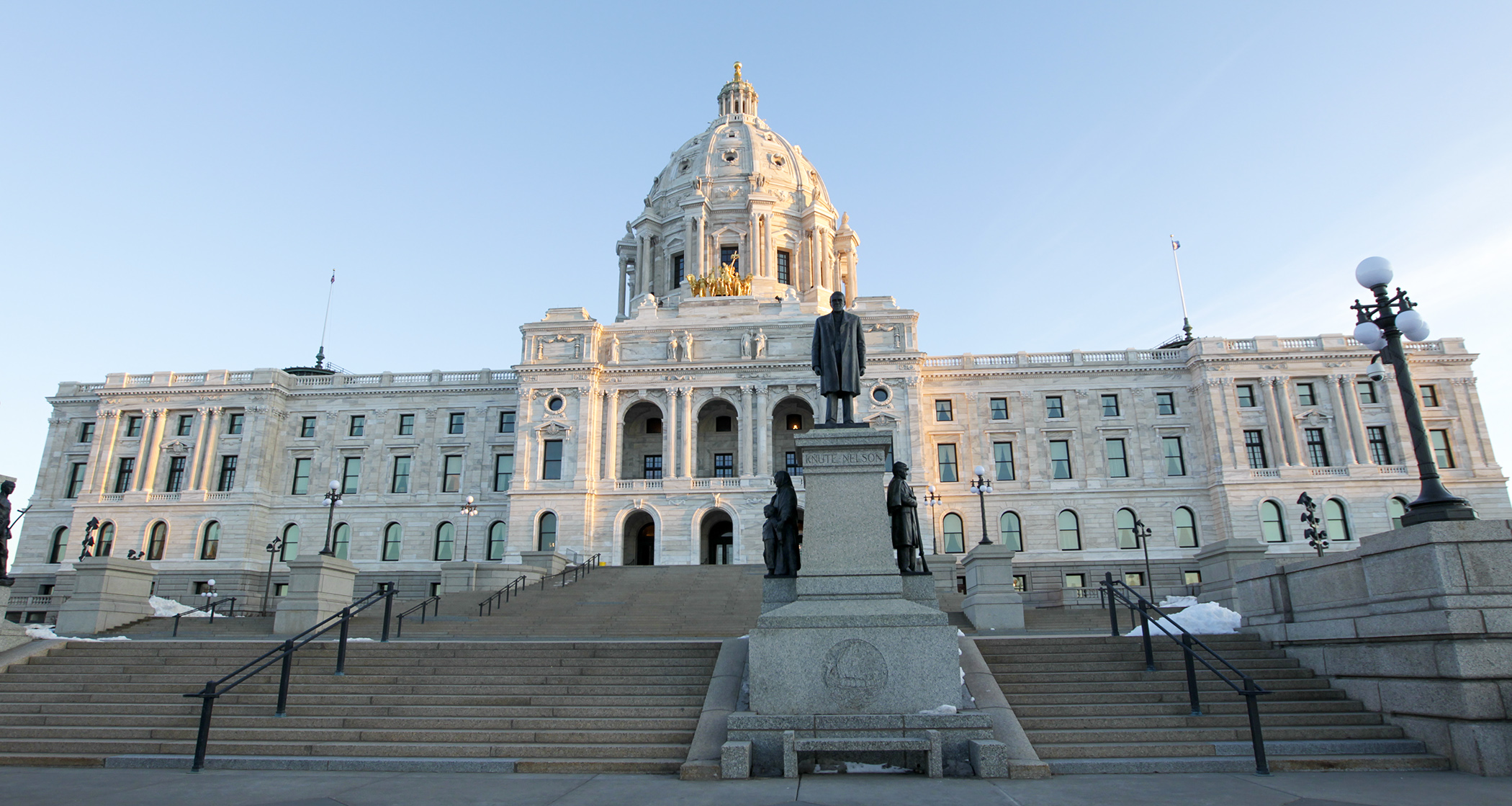Open-government bill targeting recordings stalls in civil law committee

Lawmakers heard a bipartisan-supported bill Thursday designed to give the public access to video, audio and other recordings of government employees previously deemed private, but failed to act on it, saying they needed more time and input.
The House Civil Law and Data Practices Policy Committee heard HF1316, sponsored by Rep. John Lesch (DFL-St. Paul), which would add certain recordings to the list of public personnel data. The bill comes in response to a 2016 Supreme Court ruling that sided with the Metropolitan Council over a Metro Transit bus video requested by KSTP-TV under the Minnesota Government Data Practices Act, saying the recording was private personnel-related data.
Lesch said a coalition of open-government groups observed “problems associated with the accessibility of video and audio recordings that really ought to be public” and brought the idea to him last year.
The bill as drafted, which has no Senate companion, drew trepidation from groups representing municipalities and teachers and school officials. Student data is generally private under state law, but trying to request data of school employees could be tricky under this bill.
“We’re concerned about inroads into school video,” said Roger Aronson, a lawyer representing the Minnesota elementary and secondary principals’ associations. “We have a tremendous amount of video we use in the hallways – and that we generate – and on school buses.”
Rep. Peggy Scott (R-Andover) agreed to lay the bill over until Lesch could get more input from interested parties, but the committee is up against a March 22 deadline to move the bill. It was originally scheduled to move to the House Floor.
“Under current law, the specific video that was the subject of this legislation… was ultimately made public,” Minnesota Inter-County Association Executive Director Keith Carlson said. “So, really, frankly, you don’t have to make a change in the law to accomplish that objective unless you want to reduce the waiting time that they had to go through while the employee discipline proceedings were occurring.”
Related Articles
Search Session Daily
Advanced Search OptionsPriority Dailies
Ways and Means Committee OKs proposed $512 million supplemental budget on party-line vote
By Mike Cook Meeting more needs or fiscal irresponsibility is one way to sum up the differences among the two parties on a supplemental spending package a year after a $72 billion state budg...
Meeting more needs or fiscal irresponsibility is one way to sum up the differences among the two parties on a supplemental spending package a year after a $72 billion state budg...
Minnesota’s projected budget surplus balloons to $3.7 billion, but fiscal pressure still looms
By Rob Hubbard Just as Minnesota has experienced a warmer winter than usual, so has the state’s budget outlook warmed over the past few months.
On Thursday, Minnesota Management and Budget...
Just as Minnesota has experienced a warmer winter than usual, so has the state’s budget outlook warmed over the past few months.
On Thursday, Minnesota Management and Budget...